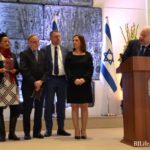In our Care: The recent increase in terror on Israel’s streets brings a return of familiar fear and dread, triggering a collective trauma experienced with particular force by those whose lives were previously upended in its wake. Here is the story of the B family, in our care for many years, and the outreach provided by project coordinator, social worker, Tamar Hatzir.
In 2008, a katyusha rocket landed in front of then 8-year-old Koby directly outside his family’s modest home in the south of Israel. Koby has an older sister, Orit (today, 19) and a younger brother, Gabrielle (today, 13). Following the attack, Koby changed from a friendly child with a sense of humor to a socially introverted, overweight teen. He is considerably dependent on his mother, during the day, and on his father, with whom he sleeps. Koby suffers from nightmares, nighttime incontinence, and debilitating anxiety, common complications for those diagnosed with Post Traumatic Stress Disorder (PTSD). Koby is afraid to walk alone or travel by public transportation; his mother must either drive or escort him by taxi to school. Last year, after a long struggle with the educational authorities, his mother was able to arrange for Koby to go to a new school better able to serve his special needs. The family is still fragile and needs the help provided by Tamar, who notes:
“The Roberta Project helps the family on a number of fronts: first, I am assisting Koby’s parents to better respond to his PTSD while remaining available to deal with the needs of his siblings, and to maintain their own marital relationship which had deteriorated considerably over the years. Second, I am working one-on-one to help empower his mother to take better care of her health problems and return to the work force. Also, after working with him for two years, I am pleased Koby’s situation is improving, as he is now willing to play in the street with other children. Third, we have provided the family with food vouchers during the holidays to make life a bit easier.”
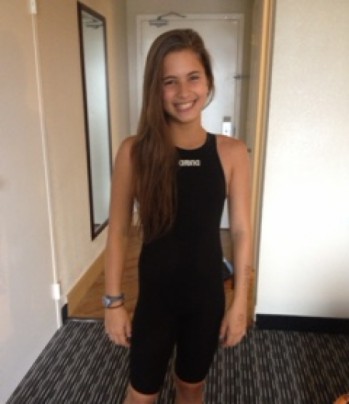
Emma Fishbein
Thanks to Emma – From “Dawn to Healing”: Meet Emma Fishbein, the Chicago teen who recently became a Bat Mitzvah. To mark the occasion, she asked her friends and family not for presents, but to help her raise money for ATZUM’s Roberta Project by sponsoring her in an 18-mile swim. Emma set as her target $2,500 and has to date raised over $4,000! The funds will help people like Efrat (“To be Healed” in Hebrew), a girl who grew up with the name Shachar (“Dawn” in Hebrew) who was injured in a terror attack a decade ago. Read about Emma’s successful campaign sponsored by Root Funding and Efrat’s story of how and why she changed her name and the healing that is still ongoing. Emma’s generosity is not surprising; she comes from a caring and munificent family that has helped raise funds in support of the Roberta Project for the last several years. To Emma and her family – Kol Hakavod, (“All of the respect!”). May you be an example for others.




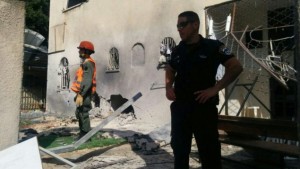
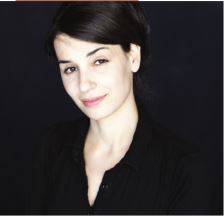 Yael Hershkovitz, a practicing attorney, was born in 1977 in Ashdod and grew up in Jerusalem. Her army service was completed in the Ministry of Defense.
Yael Hershkovitz, a practicing attorney, was born in 1977 in Ashdod and grew up in Jerusalem. Her army service was completed in the Ministry of Defense.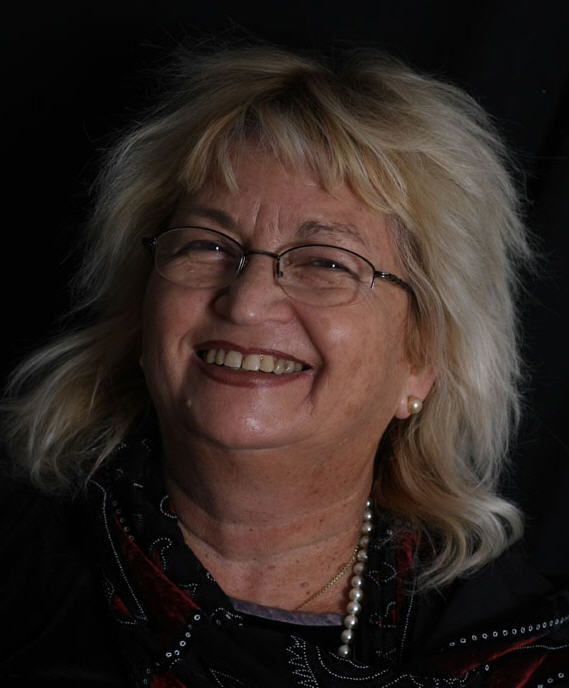 Miri Furstenberg, 61, lives in Rishon Lezion and is the widowed mother of two and grandmother of four. She is a survivor of the Ma’ale Akrabim massacre, an attack on a bus that killed eleven passengers including her entire family.
Miri Furstenberg, 61, lives in Rishon Lezion and is the widowed mother of two and grandmother of four. She is a survivor of the Ma’ale Akrabim massacre, an attack on a bus that killed eleven passengers including her entire family.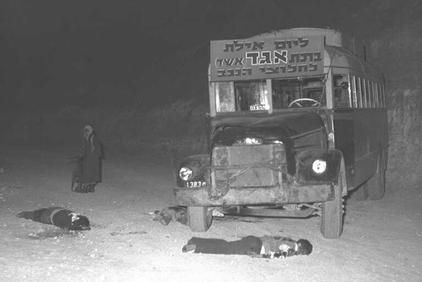 Miri grew up an orphan on a kibbutz, without rehabilitation, her experience typical of many terror survivors from Israel’s early years when the State was ill-equipped to address their needs. Despite Miri’s traumatic, emotionally disadvantaged childhood, she worked hard to rebuild her life, raised and supported two children. In addition to now working long hours as a taxi driver for some of Israel’s most prominent professionals, Miri volunteers helping poverty stricken families as well as mentally retarded adults.
Miri grew up an orphan on a kibbutz, without rehabilitation, her experience typical of many terror survivors from Israel’s early years when the State was ill-equipped to address their needs. Despite Miri’s traumatic, emotionally disadvantaged childhood, she worked hard to rebuild her life, raised and supported two children. In addition to now working long hours as a taxi driver for some of Israel’s most prominent professionals, Miri volunteers helping poverty stricken families as well as mentally retarded adults.